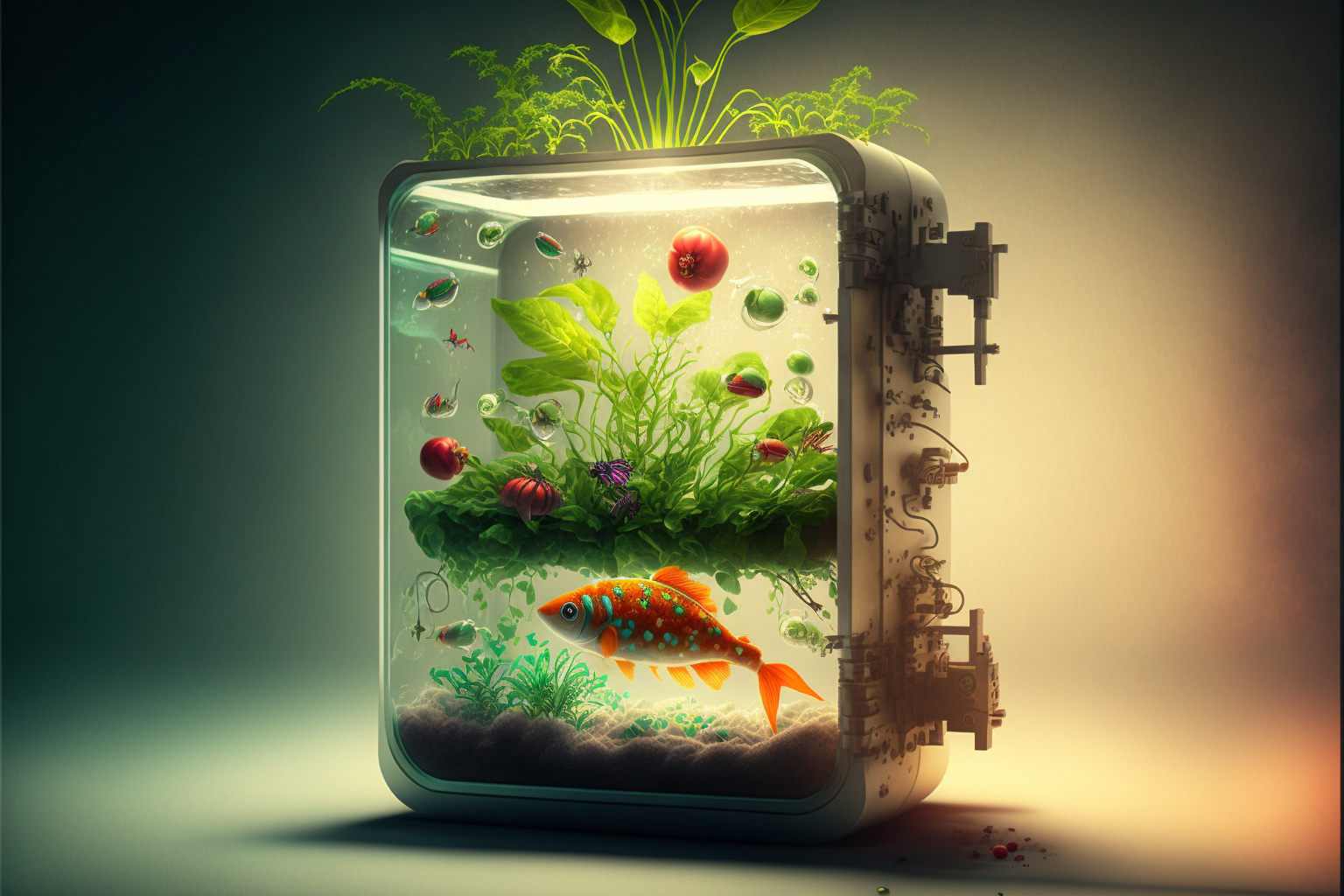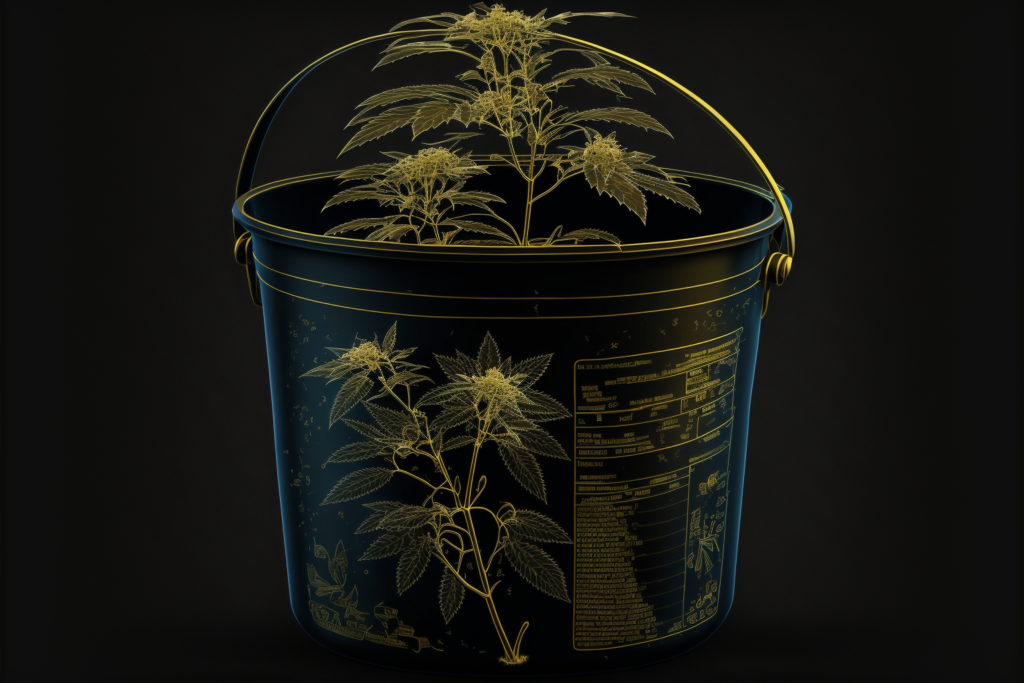Hydroponics is a method of growing plants using mineral nutrient solutions in water, without soil. While this cultivation method has many advantages, there are also some criticisms or “knocks” against it. Some of the main complaints include the following:
- High energy consumption: Hydroponic systems often require a significant amount of energy to operate, including lighting, climate control, and water pumping. This can make them less environmentally friendly than traditional soil-based farming methods.
- High initial costs: Setting up a hydroponic system can be expensive, especially for commercial operations. This can make it difficult for small farmers or hobbyists to get started.
- Dependence on electricity: Hydroponic systems rely on electricity for lighting, climate control, and water pumping, which makes them vulnerable to power outages. This can cause crop failures or reduced yields.
- Limited range of crops: Hydroponics is mainly used to grow leafy greens, herbs, and some small fruits, it may not be suitable for larger crops, such as tomatoes, cucumbers or melons.
- Limited pest control options: As hydroponic systems do not use soil, it can be more difficult to control pests and diseases. This can limit the types of crops that can be grown and increase the use of pesticides.
- Complexity: Hydroponic systems can be complex and require a certain level of technical expertise to set up and maintain. This can be a barrier for some farmers or hobbyists.
- Potentially harmful materials: specific Hydroponic systems use certain chemicals, fertilizers, or plastics, which, when not handled properly or overused, can harm the environment or even people.

It’s important to note that these criticisms are not specific to all types of hydroponics methods. There are different types of hydroponics methods, such as deep water culture, drip irrigation, nutrient film technique, and ebb and flow systems, with other systems having different advantages and disadvantages.

The Holy Grail of Hydroponics
Are you looking for a more efficient and cost-effective way to grow your plants? Look no further than Bottleponics! This innovative hydroponic system combines the benefits of deep water culture and ebb and flow systems to provide your plants with the perfect balance of water, nutrients, and oxygen.
With Bottleponics, you can grow your plants using minimal growing media in small containers, such as 1-gallon buckets. This can be especially useful if you work with limited space, such as in a grow tent. Using a pump and irrigation tubing allows the nutrient solution to be circulated and aerated, which can benefit plant growth. Additionally, the roots having direct access to air can help prevent common issues such as root rot. At the same time, using smaller containers can be more cost-effective than larger containers or blocks of growing media.
One of the most significant advantages of Bottleponics is its versatility. This system can be easily adapted to fit your growing needs and goals, whether you are a beginner or an experienced grower. So why wait? Give Bottleponics a try and see the excellent results for yourself!
